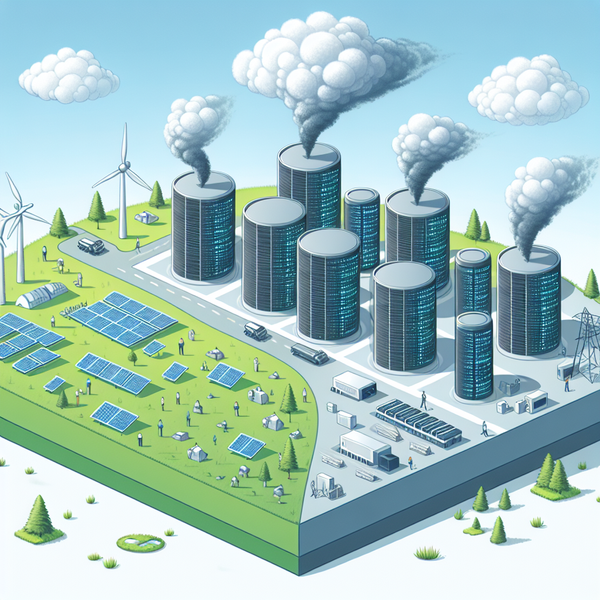UK Energy Price Cap Predicted to Increase by 1% in January Amid Geopolitical Tensions

Geopolitical Tensions Affect UK Energy Market
The start of 2025 is set to bring not-so-welcome news for British households, as the energy price cap is expected to rise by 1% in January. This development comes amid a backdrop of volatile wholesale markets and geopolitical tensions, predominantly influenced by the ongoing Russia-Ukraine conflict and maintenance challenges in Norwegian gas infrastructures.
Insights from Cornwall Insight: The Numbers Behind the Prediction
Analysts from Cornwall Insight, a prominent energy market consultancy, have projected this modest yet impactful increase. According to their assessments, the energy price cap for a typical dual household is predicted to rise to £1,736 annually, up from the current cap of £1,717. This anticipated rise represents an adjustment rather than a significant shift, but it is disappointing for consumers who were hoping for a decrease in their energy bills as the new year dawns.
Understanding the Energy Price Cap Mechanism
The energy price cap, regulated by Ofgem, serves as a control on the rates energy providers can charge consumers per unit of energy consumed. It is crucial to comprehend that this cap does not set a fixed ceiling on bills, which can unpredictably rise during colder months when energy consumption naturally increases. Thus, even with the cap mechanism, the financial burden on households could be substantial through the winter months.
Wholesale Market Dynamics: Staying Above Historic Averages
Despite some stabilization in wholesale prices compared to the peaks observed over the last couple of years, the market remains highly sensitive to international developments. Recent data illustrated a concerning scenario where UK gas prices surged to nearly 120p per therm last month, underpinning the challenge of maintaining price stability in the current geopolitical climate.
The Role of Geopolitical Tensions
Geopolitical tensions have consistently proven to be pivotal in influencing energy costs. The persistent supply disruptions, exacerbated by geopolitical instability, particularly between Russia and Ukraine, continue to fuel uncertainties in energy supplies. Moreover, issues such as maintenance on critical Norwegian gas infrastructure and weather-induced disruptions also add layers of complexity to the energy pricing puzzle.
Looking Forward: What Consumers Should Anticipate
Consumers should remain vigilant and prepare for potentially higher energy costs this winter. While the market dynamics might stabilize over time, the immediate forecast suggests ongoing financial pressures. Households are advised to adopt energy-efficient practices to mitigate usage and consider exploring fixed-rate energy deals where possible to shield themselves from market fluctuations.
Conclusion
The expected rise in energy prices is a setback for UK households, anticipating relief as the new year approaches. However, the intertwined nature of geopolitics and energy markets continues to complicate the scenario. As the situation evolves, consumers, businesses, and policymakers alike must closely monitor developments and adapt to the challenging energy landscape.




